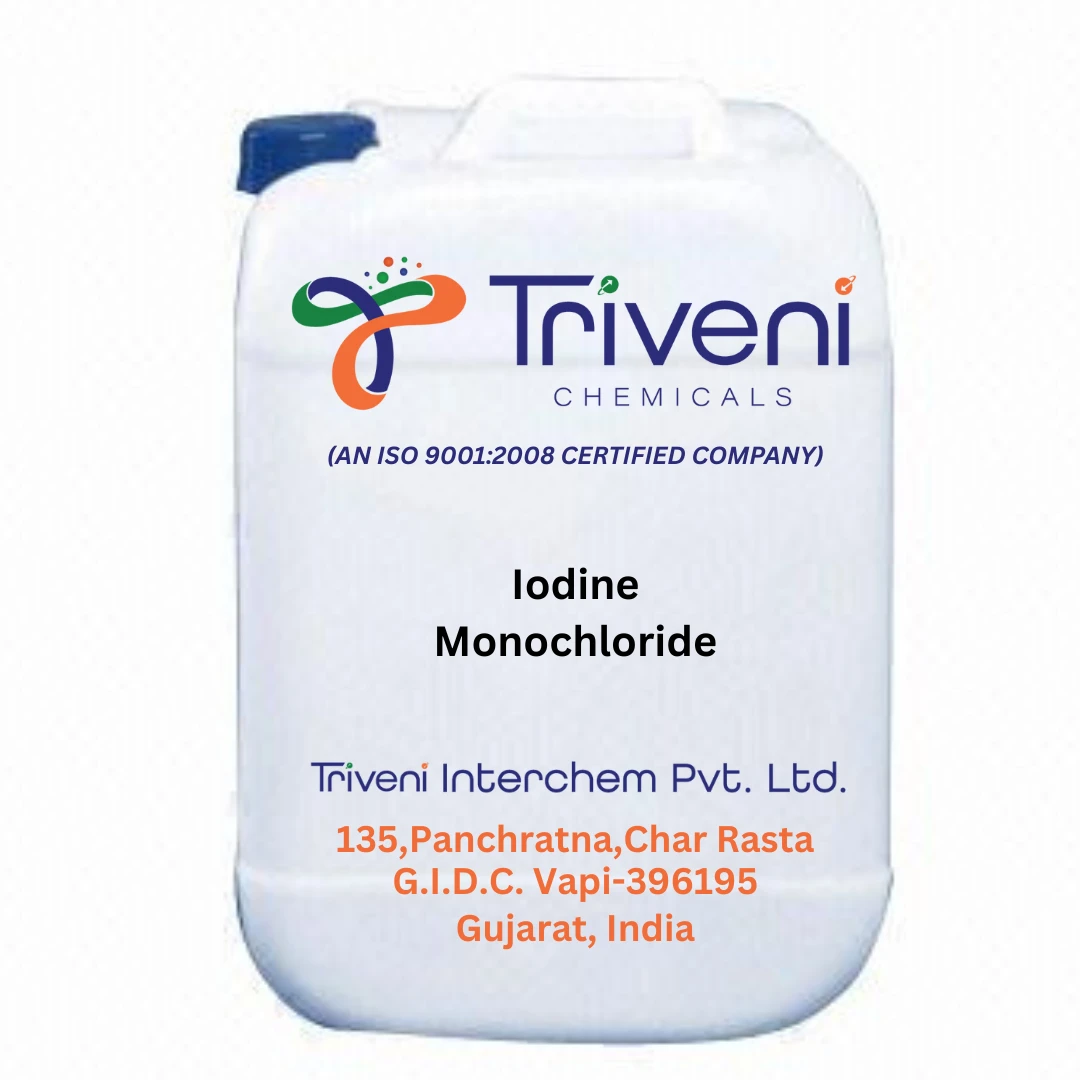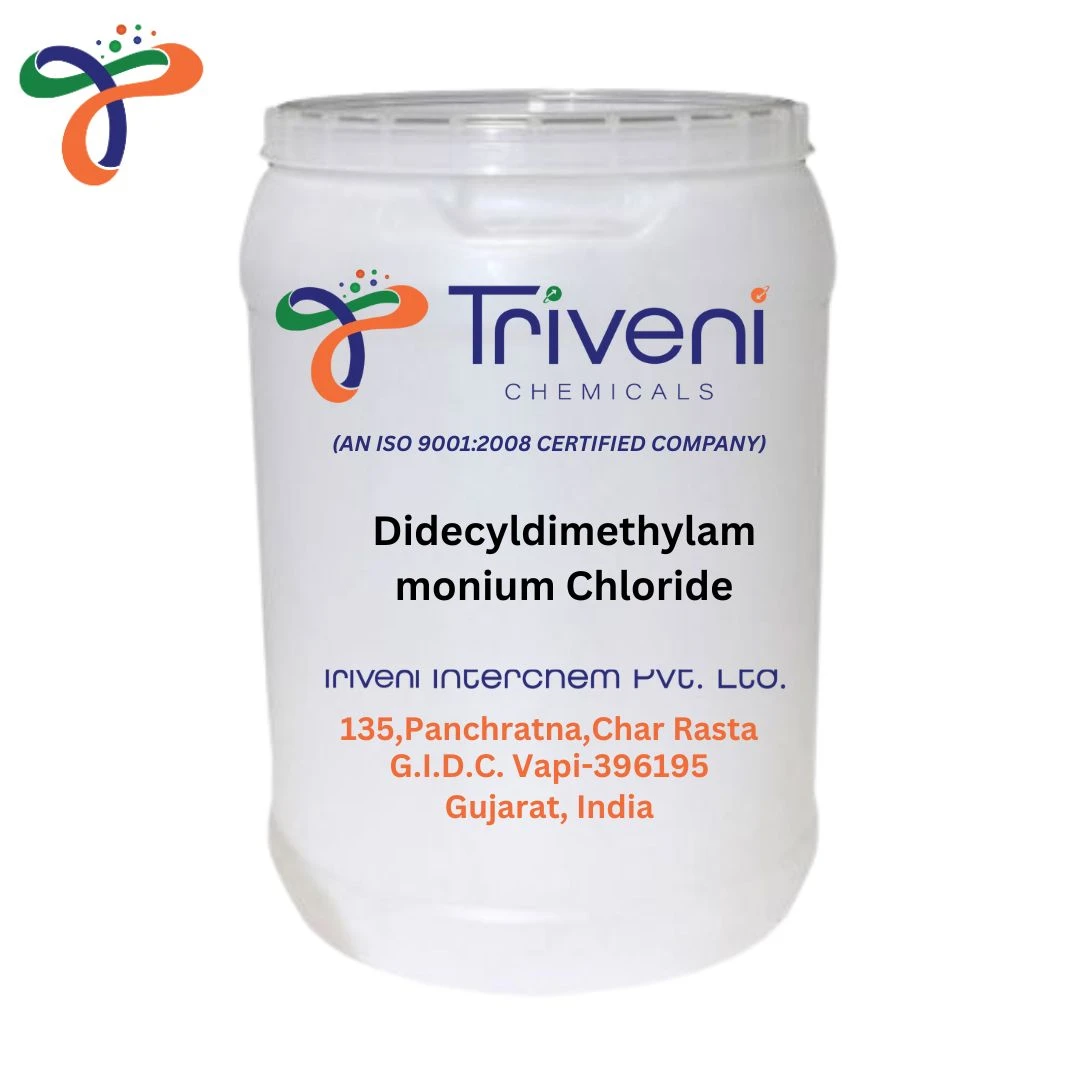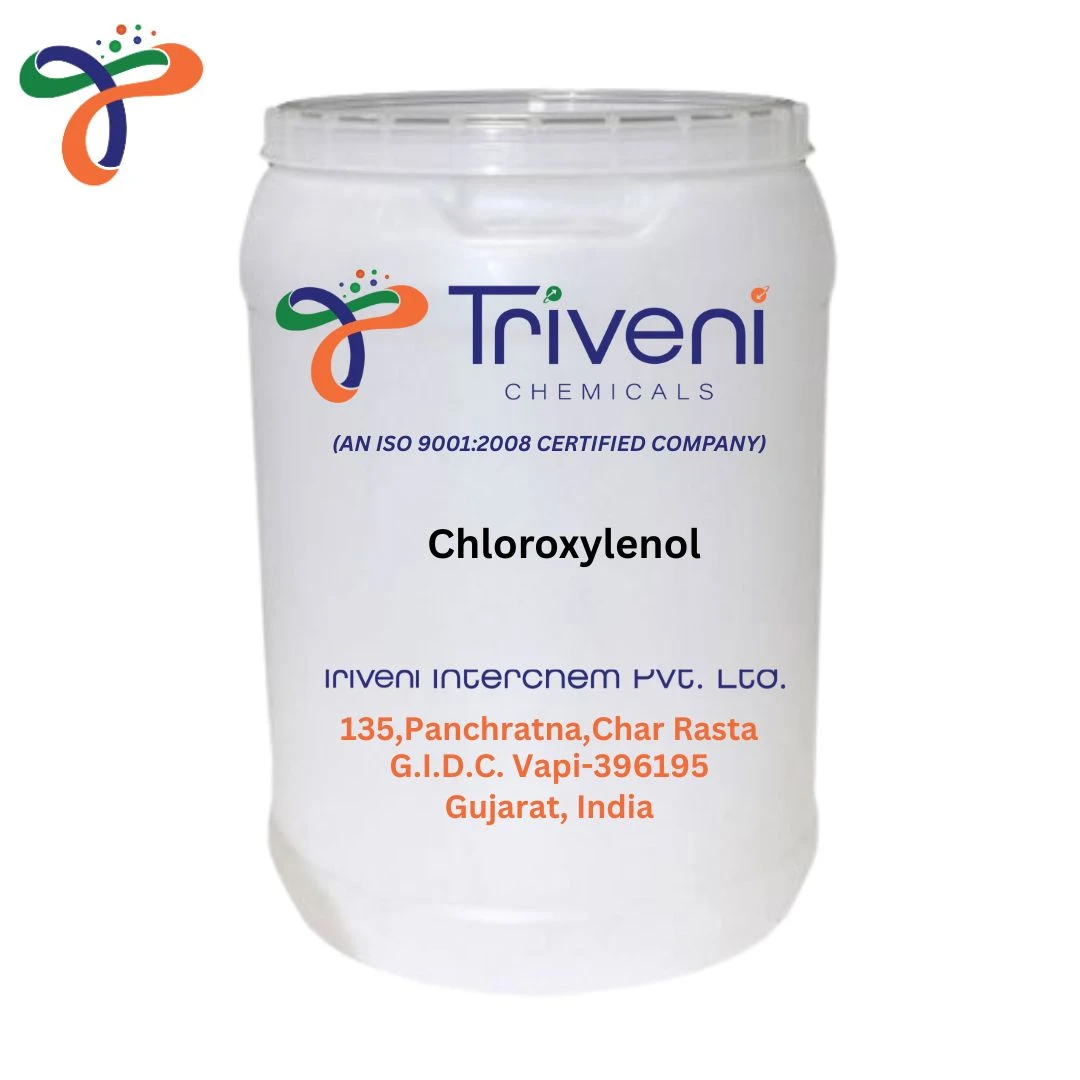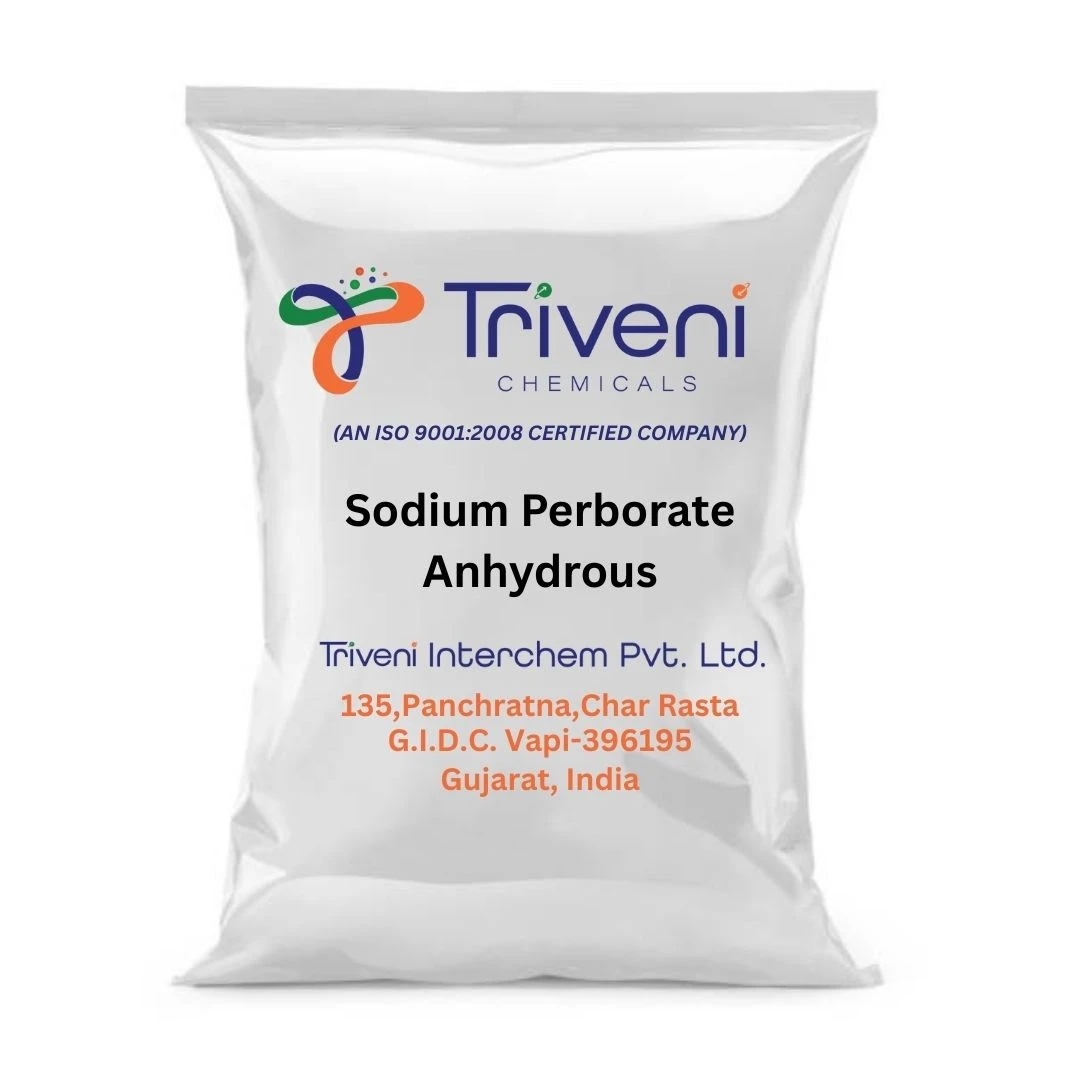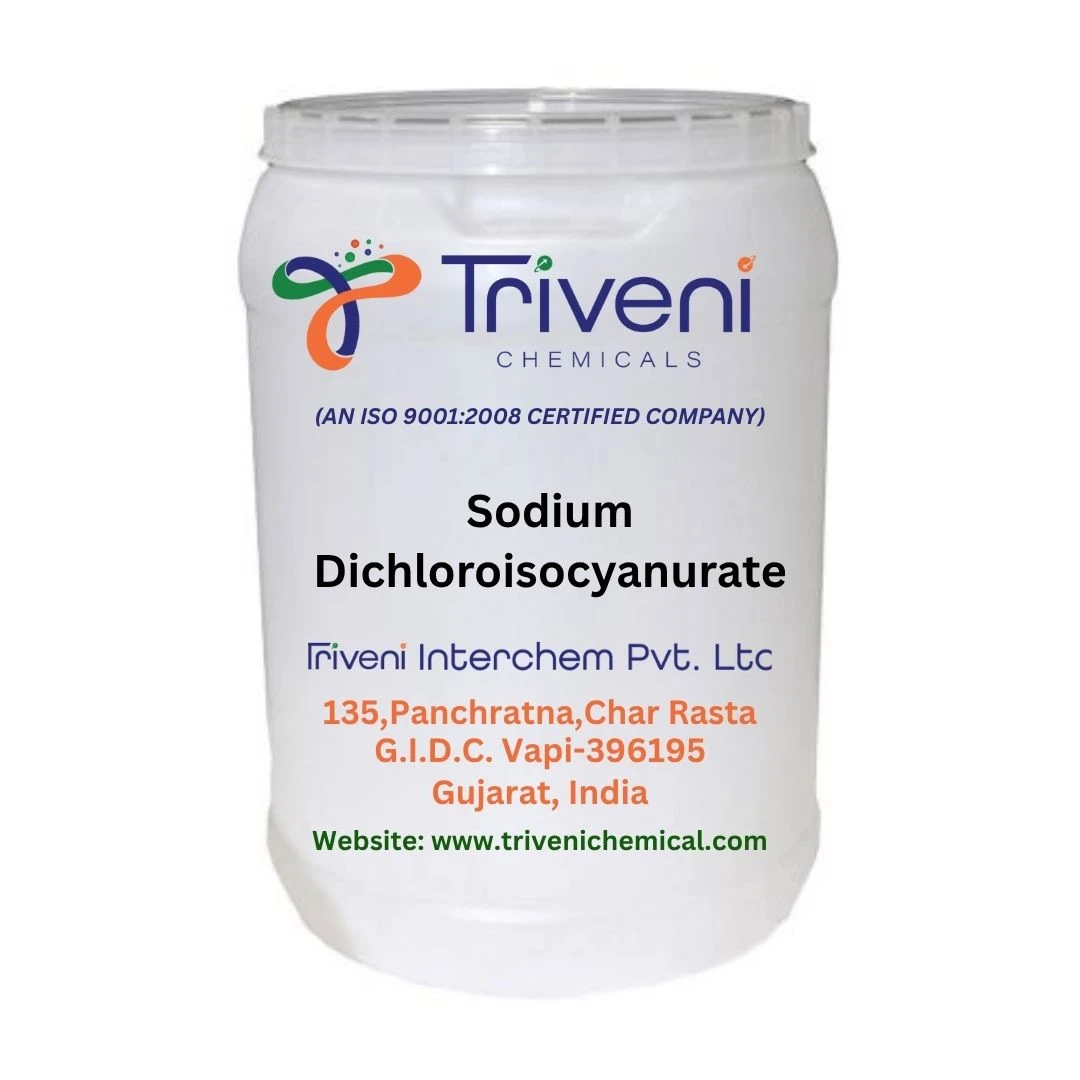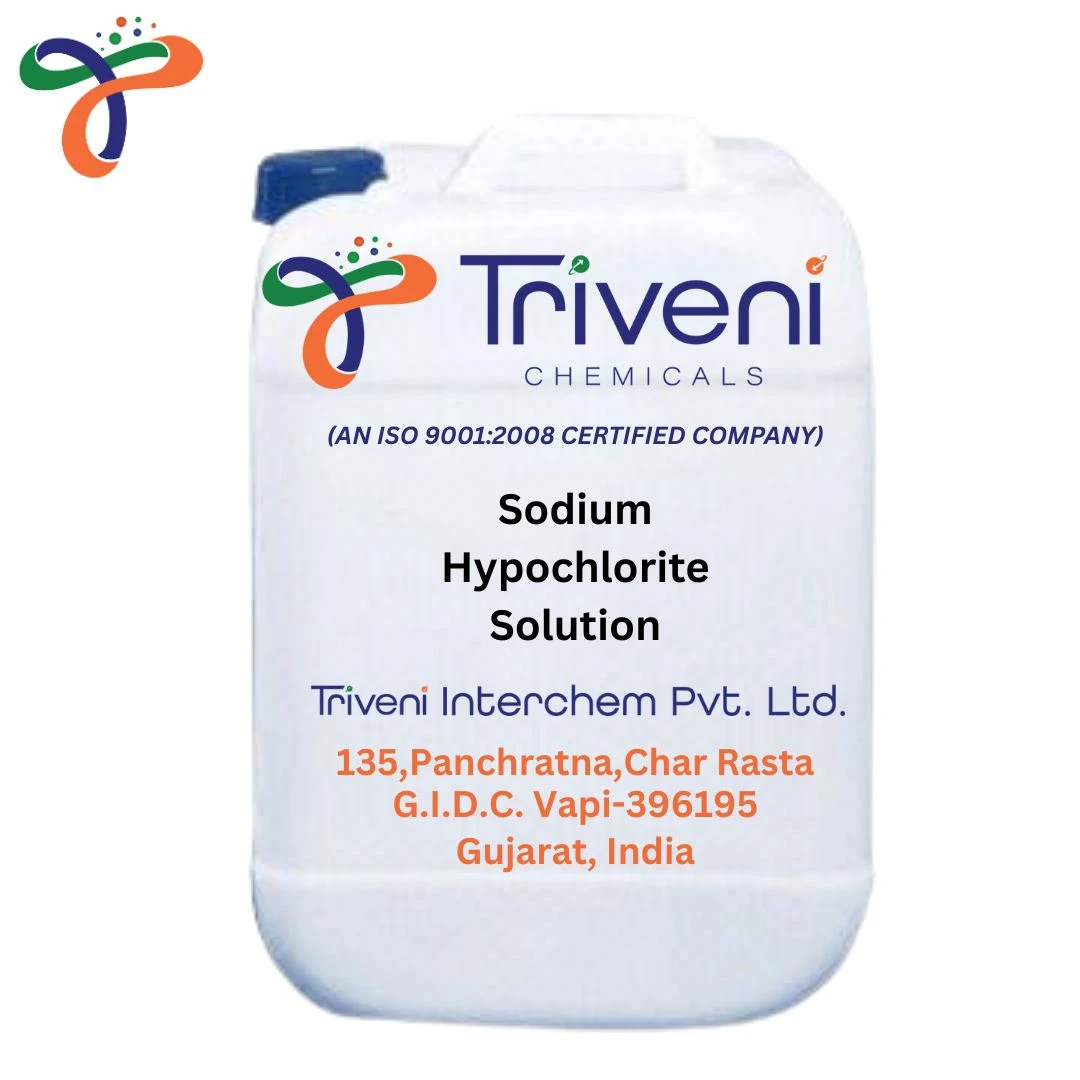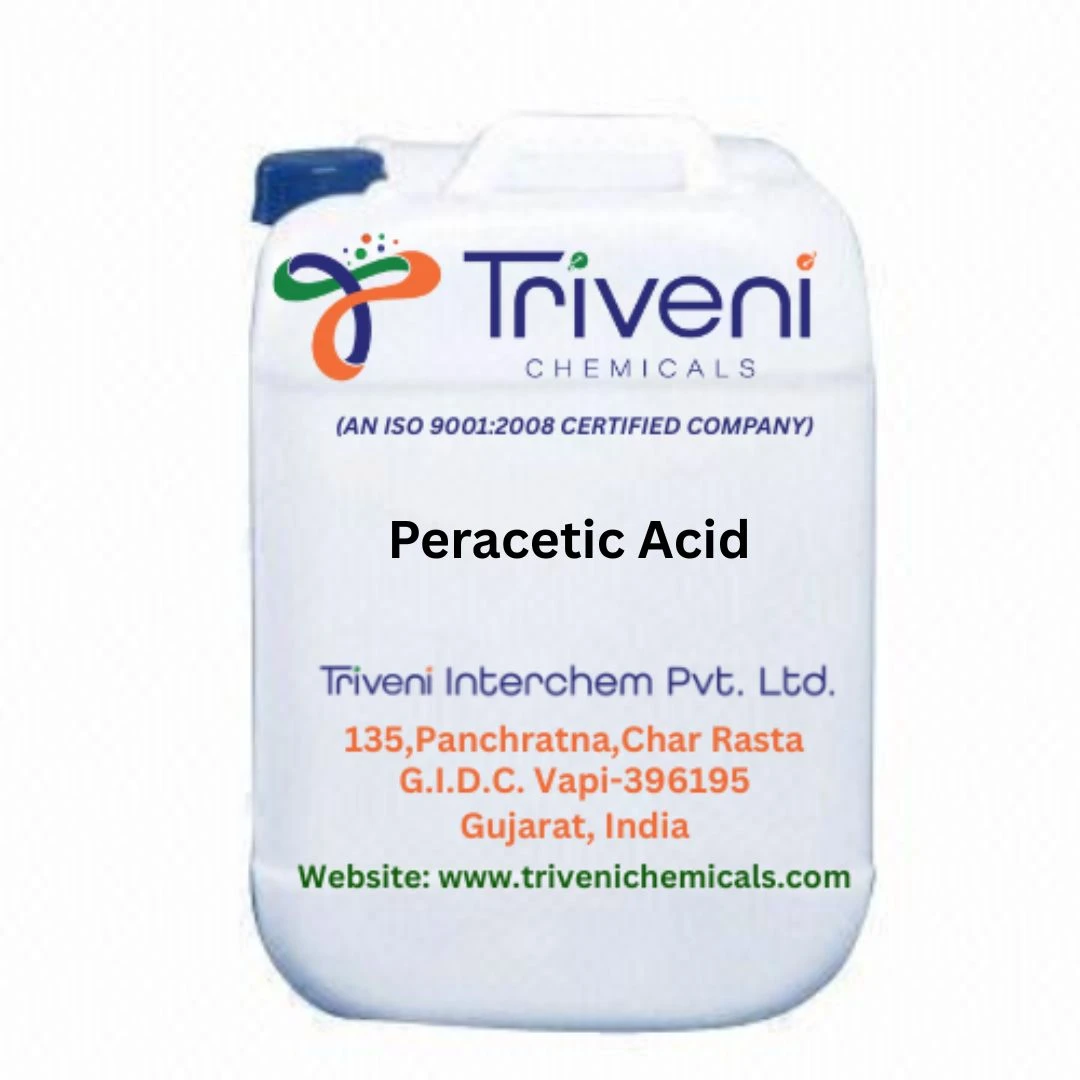Disinfectants are essential for maintaining cleanliness and avoiding the spread of hazardous bacteria. These solutions, whether chemical or natural, serve an important role in removing bacteria, viruses, fungus, and other organisms from surfaces, objects, and even the air. Chemical disinfectants, such as bleach, hydrogen peroxide, and alcohol-based treatments, damage germs'..
Disinfectants are essential for maintaining cleanliness and avoiding the spread of hazardous bacteria. These solutions, whether chemical or natural, serve an important role in removing bacteria, viruses, fungus, and other organisms from surfaces, objects, and even the air. Chemical disinfectants, such as bleach, hydrogen peroxide, and alcohol-based treatments, damage germs' cell membranes, rendering them inactive and unable to reproduce. They are extremely effective, but must be handled and diluted properly to guarantee safety, as misuse can be dangerous. Natural disinfectants, such as vinegar, tea tree oil, and certain essential oils, have grown in popularity due to their environmental friendliness and little impact. While not as powerful as some chemical counterparts, they nonetheless have antibacterial capabilities and may be appropriate for some applications. The type of surface, the microorganisms targeted, and safety considerations all influence the disinfectant chosen.Surfaces such as medical equipment may require hospital-grade disinfectants, although residential surfaces may be sufficiently cleaned with gentler choices. Disinfectants are only as effective as they are used properly.Surfaces should be free of visible filth and grime before applying the disinfectant, since organic matter can protect bacteria from disinfectants. Following the suggested contact time given on the product label gives the disinfectant enough time to function. The COVID-19 epidemic has underlined the importance of disinfectants.Regular disinfection of regularly touched surfaces, such as doorknobs, counters, and electronic gadgets, has been emphasized as a preventive step to slow the virus's spread. However, while disinfectants are effective tools, they must be used appropriately. Disinfectants can be harmful to both human health and the environment if they are used excessively or inappropriately. Proper ventilation, wearing protective equipment when handling hazardous chemicals, and following manufacturer directions are all critical safety precautions. Furthermore, the emergence of resistant microbe strains as a result of excessive disinfectant use is becoming increasingly concerning. As a result, the prudent use of disinfectants, together with excellent hygiene practices, remains the foundation of efficient infection prevention. Finally, disinfectants are essential for maintaining cleanliness and preventing the spread of illnesses. However, their use should be balanced in terms of efficacy, safety, and environmental impact.
- Disinfectant – Kills harmful microorganisms, similar to Disinfectants.


